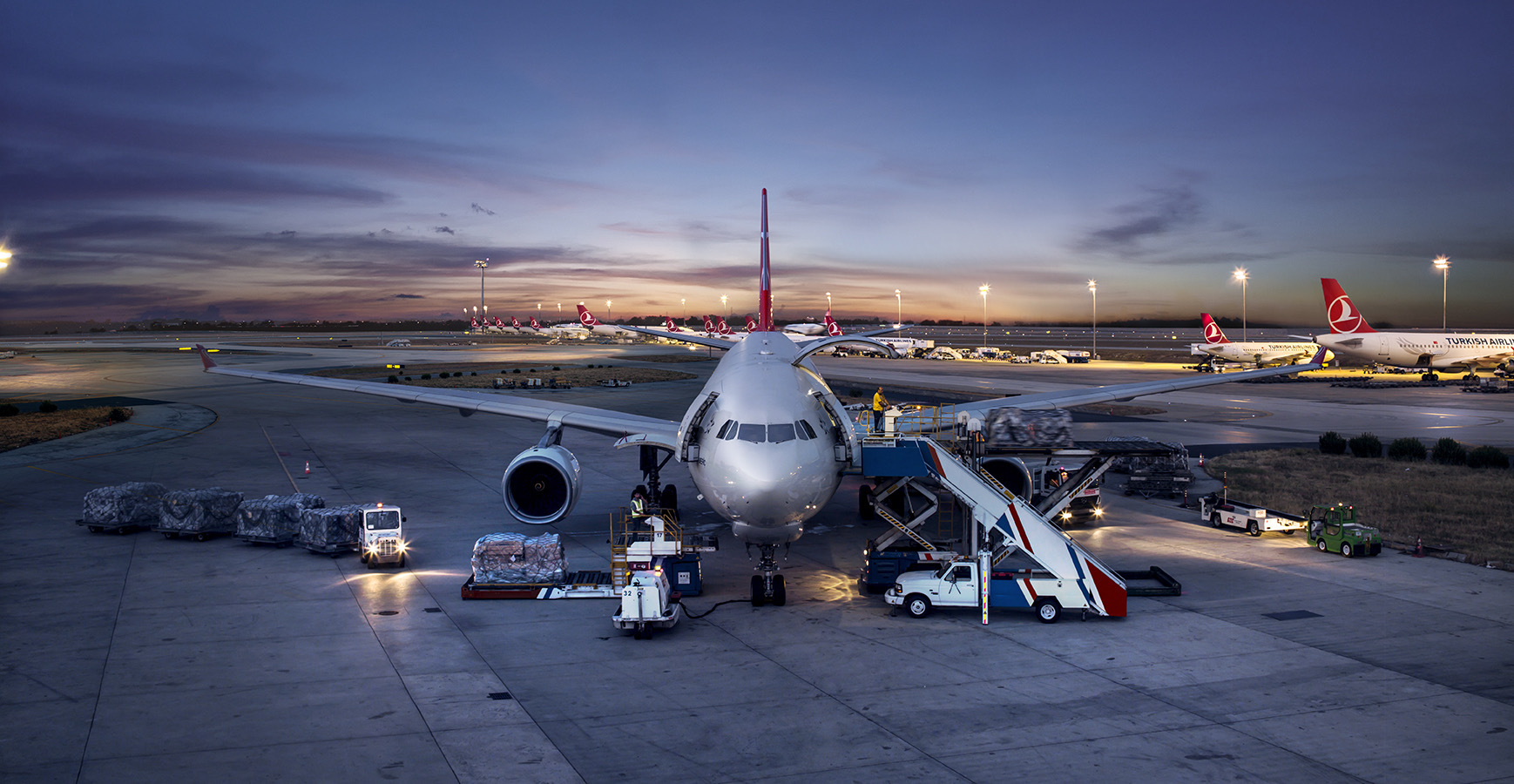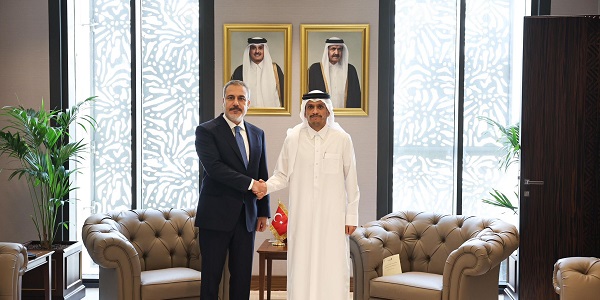The fuel the airline saved last year was the equivalent of 292,000 trees planted in a year or 473 flights between Istanbul and New York.
As a leading airline covering more than 300 destinations in five continents, Turkish Airlines has maintained its role in ensuring the protection of the environment.
The airline’s successful efforts come within the framework of its sustainability operations, covering four main areas: humanity, world improvement, and management function.
The strategy has proved its success in 2021, when Turkish Airlines has saved the lives of 6,710 trees from being cut whilst protecting thousands of cubic meters of water from contamination.
“Protecting the future of these regions [destinations] that possess unique beauty with their natural, historical, financial, or cultural assets is a significant matter for Turkish Airlines family,” said Chairman of the Board and the Executive Committee at Turkish Airlines, Professor Dr Ahmet Bolat.
Turkish Cargo carried 335 million doses of Covid-19 vaccines to 61 countries in 2021
The trees were saved from being cut by recycling 632 tonnes of non-hazardous waste whilst maintaining the cleanliness of soil through the recovery of 700 tonnes of hazardous waste.
Environmental protection falls at the centre of the airline’s operations, whether it is through its air cargo, onboard catering, as well as its maintenance, repair and operations (MRO).
“While carrying many to these wonders every day, we also wish to carry these rare works of our world to the future intact. With this perspective, we are optimising all of our operations with sustainable endeavors and protect our world for the future generations,” added Dr Bolat.
More recently, Turkish Airlines had used environmentally friendly fuel on 2 February during its Istanbul-to-Paris flight. Beyond Paris, the fuel is being used during weekly flights to Oslo, Gothenburg, Copenhagen, London and Stockholm.
Turkish Airlines also plans on increasing the usage of the same fuel in its future operations.
“Turkish Airlines will continue to fly in the blue of the sky for the green of the ground,” said Dr Bolat.
The fuel the airline saved last year was the equivalent of 292,000 trees planted in a year or 473 flights between Istanbul and New York.
The flag carrier had saved 37,820 tonnes of fuel and prevented 116,809 tonnes of carbon emissions from being released to atmosphere in 2021.
The successful outcome was a result of the use of single engine taxi methods, route optimisations and flight center of gravity during planning to operations.
Renewed facilities that help the airline lead an environmentally conscious future include Turkish Technic’s C/D hangar, which is one of the service locations of the company and Turkiye’s biggest aircraft maintenance facility.
The facility stores and treats rainwater to turn it into usable water through a collection system used on a daily basis. The process is an alternative to drawing water from the city’s water supplies.
Last year, reused rainwater met 54% of the facility’s water supply whilst preventing the waste of 1.471 million liters of water which equals to usage of 59,000 people.
Reusing water also goes hand-in-hand with Turkish Airlines’ zero waste goal on all of its work processes.
The company’s ground services operator managed to prevent 2,152 tonnes of hazardous waste and 294 tonnes of non-hazardous waste from being mixed with nature in 2021 at Istanbul’s airports alone.
Electric vehicles
Seeking to provide a holistic approach to its environmental protection strategy, Turkish Ground Services (TGS) has obtained 309 electric vehicles in nine airports in Istanbul and Anatolia.
The vehicles, which rise in quantity, range from pushback vehicles that move aircraft to baggage tractors. The electric vehicles contribute to TGS’ environmentally conscious operations.
Turkish Airlines and Air Serbia further expand their codeshare cooperation
Collectively, the vehicles travel approximately 38,000 km every day, almost the circumference of Earth.
Supporting international trade
With a clear future vision, Turkish Airlines’ cargo, the fastest growing brand of its kind in the aviation sector, has supported projects that ease international trade.
This has been accomplished in accordance with its sustainability strategy and through its support to Uganda Project, one of the country projects of The Global Alliance for Trade Facilitation.
The entity aims to improve and grow Uganda’s exports whilst providing training for Ugandan personnel. During the training, Turkish Cargo shares its operational experience to contribute towards digitalisation and improvement in capacity for Uganda’s air cargo sector.
Follow Doha News on Twitter, Instagram, Facebook and Youtube







